As boarding gates reopen for passengers, focus surrounding long passenger lines, contactless boarding options, and speeding up passenger processing times have been widely explored and discussed.
Industry service provider Thales has been assisting this journey with the introduction of biometric solutions, contactless boarding and much more. A new solution called ‘Fly To Gate’ aims to enhance passengers’ travel experience, while offering a secure and contactless airport experience, using a digital token .
How well do you really know your competitors?
Access the most comprehensive Company Profiles on the market, powered by GlobalData. Save hours of research. Gain competitive edge.

Thank you!
Your download email will arrive shortly
Not ready to buy yet? Download a free sample
We are confident about the unique quality of our Company Profiles. However, we want you to make the most beneficial decision for your business, so we offer a free sample that you can download by submitting the below form
By GlobalDataThe digital token can be used to authenticate an individual in less than a second – with or without a mask – at different points throughout the airport, reducing passport control and boarding times by an average of 30%.

Frankie Youd: Could you provide an outline of how the Thales token technology works? what would the passenger experience be and what technology is being used?
Philippe Faure: Thales’ Fly To Gate solution is designed to enhance the travel experience for passengers through increased convenience, while at the same time boosting security at five main points around the airport. The focus of the technology is using identity verification and facial biometrics to create a seamless journey for passengers, removing the need to show a ticket or ID at each checkpoint.
Passengers simply check in via their airline’s mobile app and then are instantly verified with face recognition software, using a combination of a selfie, liveness detection, and a document authenticity check.
The facial recognition software checks multiple points on the passenger’s face and can work with or without a mask. Once verification is complete, a temporary digital token is created for each passenger, enabling them to be identified at check-in, bag drop off, security, passport control, and the boarding gate – all without showing any documents. The technology works in real-time – with the token erased once the flight has taken off – and reduces boarding times by one third at the gates.
When is this technology available, have there been trials?
Thales supplies the software for the Fly To Gate solution and physical infrastructure, such as the border kiosks to the airport, all of which is now available to the market.
We’ve run a number of pilots across Europe (Spain, France) and the US (Dallas, LA), all of which have really helped demonstrate the efficiency and security of the system.
Also, in the EU a new regulation asks members to get equipped with an Entry-Exit System (EES) before mid-2022. The technology is available now – EES kiosks deployment already started in France – and is based on Thales expertise in ID verification and biometric authentication.
Cybersecurity is a key topic of discussion, how is security ensured for the passengers using this technology as well as the airports?
All our solutions are GDPR-compliant and designed by default with all the protection they need in terms of cybersecurity. Highly sensitive biometric data is processed in a secure manner using ultra-sophisticated encryption mechanisms.
It means that should hackers access any data, they can’t use it outside of the system, rendering it obsolete. Furthermore, the digital token created by the Fly to Gate system (which is a mathematical representation of the traveller) is destroyed after take-off.
All of this is explained to travellers before they use the solutions, and they must give their consent. Trials have shown that travellers are enthusiastic about new technologies if these are explained to them well and it appears clear their data are well protected.
This re-affirms the importance of airports and their partners, such as Thales, providing transparent and reassuring information to passengers, with an ultimate view of bringing them on that digital transformation journey.
Passport and document fraud was an issue before introduction of paperless technology, do you think technology such as this will see an increase in attempted cybersecurity attacks?
Document forgery is a lucrative business and it’s not uncommon for individuals to hold several identity documents. That’s why international regulations call nations to provide citizens with electronic documents, with a chip to serve like a vault to store and secure all sensitive and personal data. Electronic documents in polycarbonate are clearly reducing the risk of forged document.
While hackers will always try to disrupt, the future of identity authentication is likely to be near-paperless and technology like biometrics is the best way of combatting the levels of identity fraud we’ve seen historically.
What are the benefits of this token technology over other contactless schemes available?
Whereas other touchless schemes may focus on one particular area, our Fly To Gate solution is designed to enhance the whole customer journey, from check-in – which can be performed at home – through to take off.
Through biometrics, liveness detection and document authenticity check, the process is simplified for both passengers, airports, and airlines, increasing efficiency, and providing integrated security too.
All of this can create a complete self-service experience for passengers, which reduces processing times by 70%, including biometrics saving 30% in boarding times.
Do you think that technology such as this will be a staple for the industry in the future?
Airports are facing multiple challenges at the moment, from the public health crisis to new regulations on freedom of movement in the Schengen Area. As such, their reliance on technology to facilitate and enhance the travel experience, while also increasing security and fuelling efficiency for airports, is only set to grow.
Thales is ready to play a leading role in realising this future that benefits airports, airlines, and travellers in equal measure.

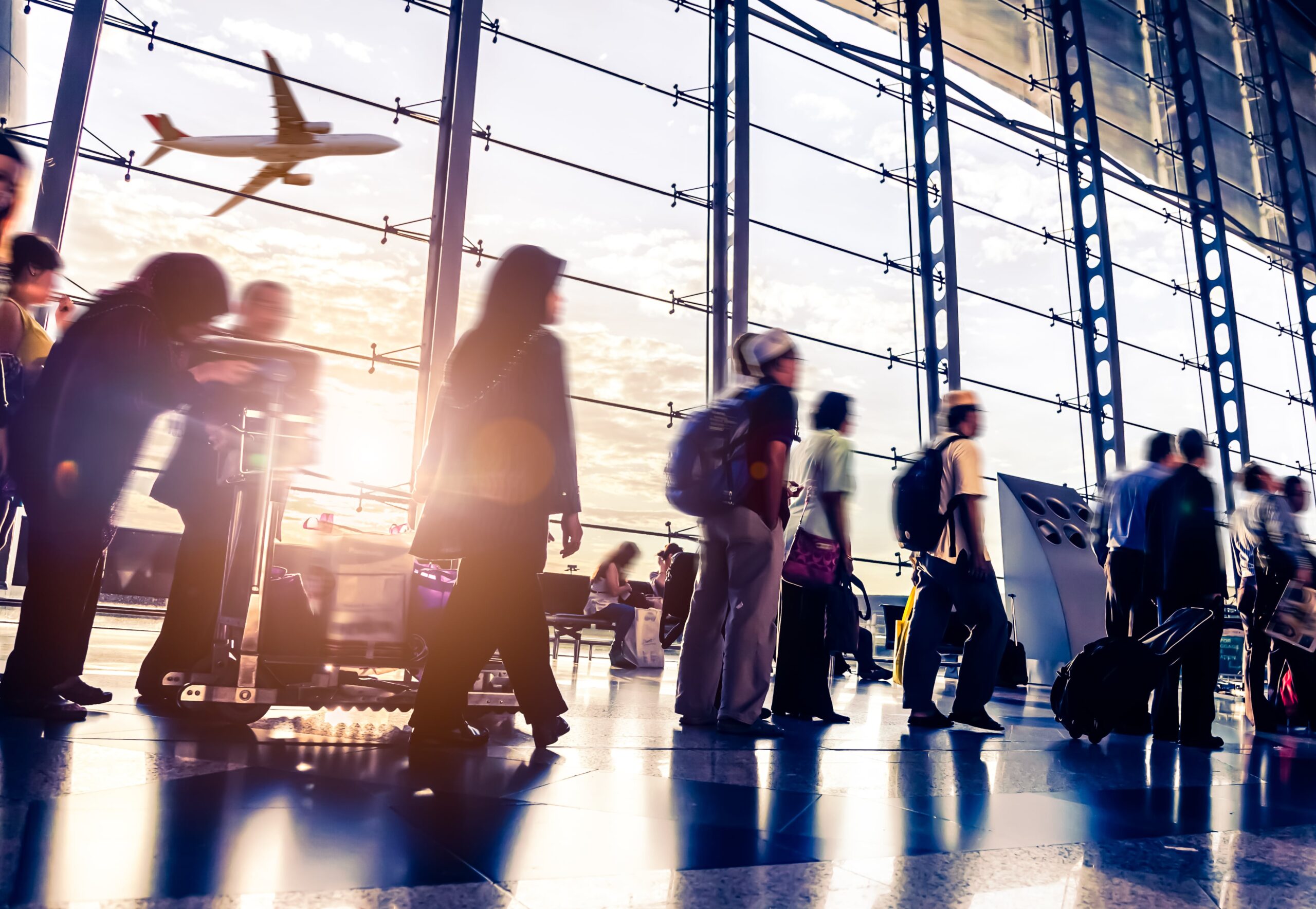

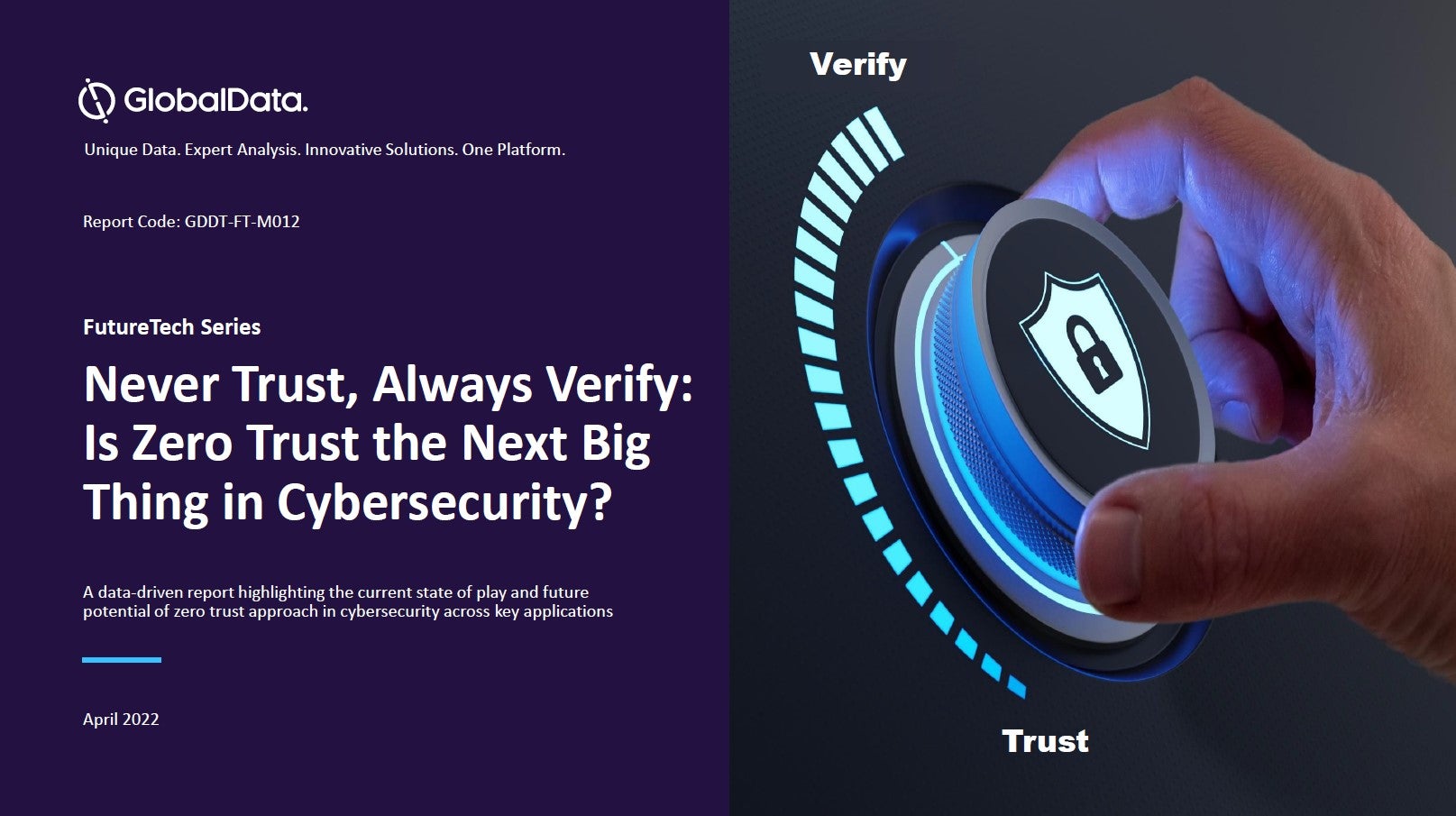


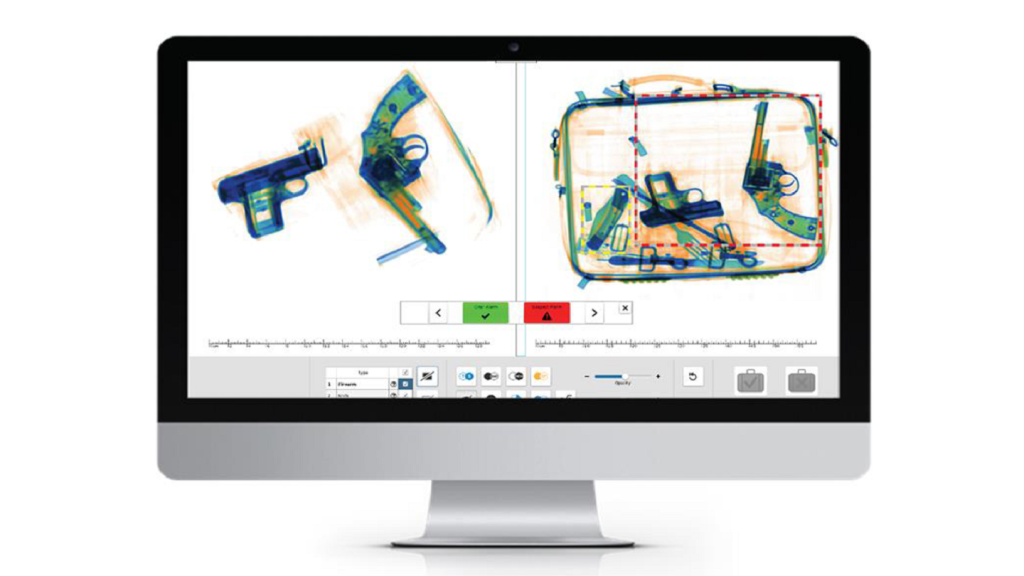
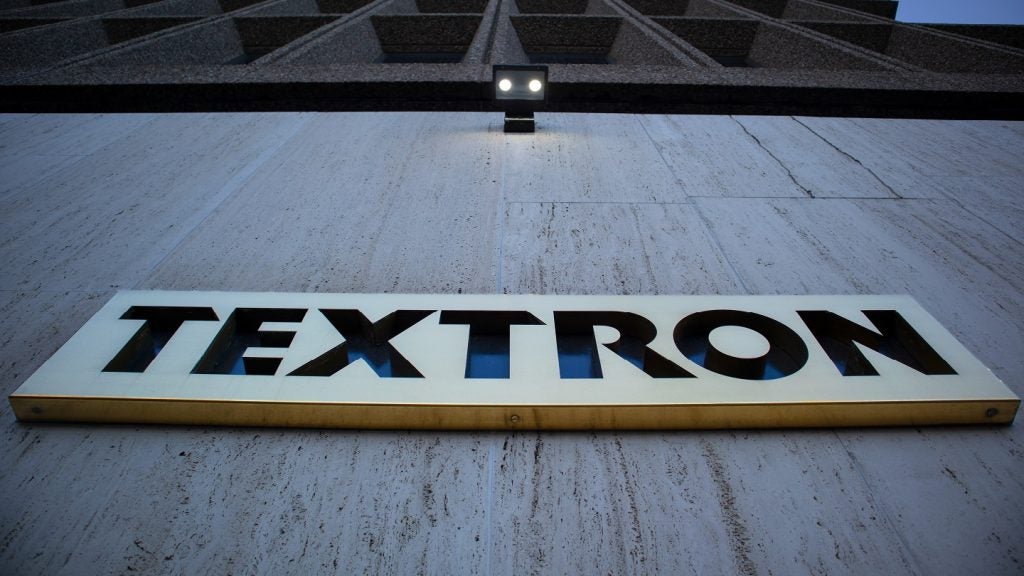
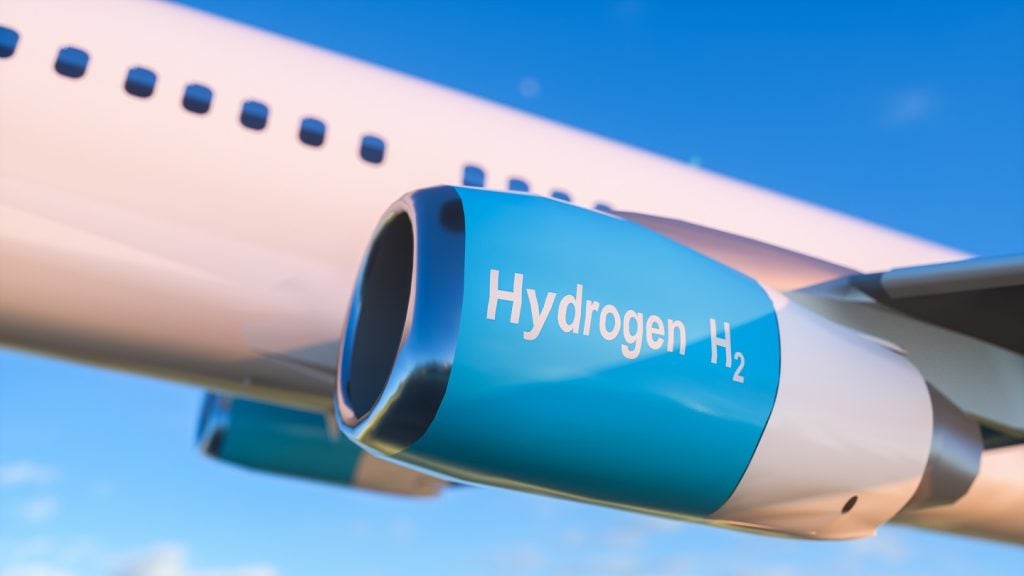

Related Company Profiles
Thales SA